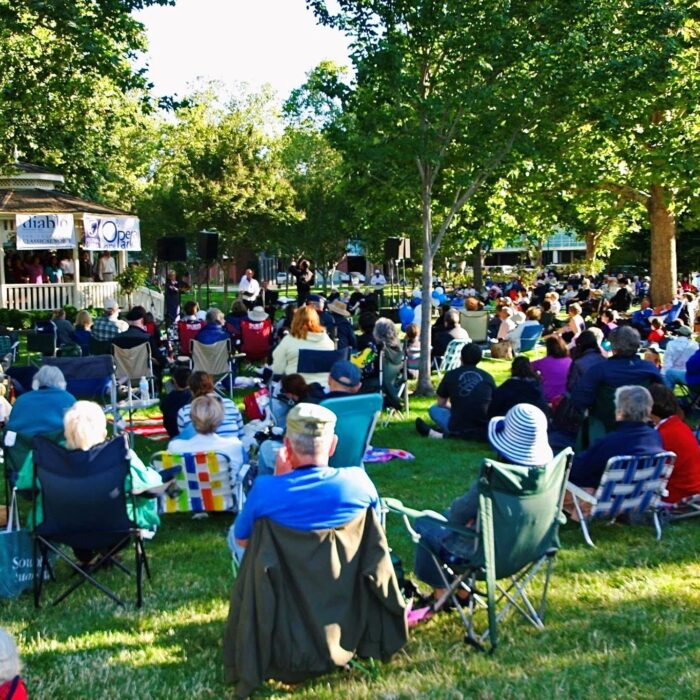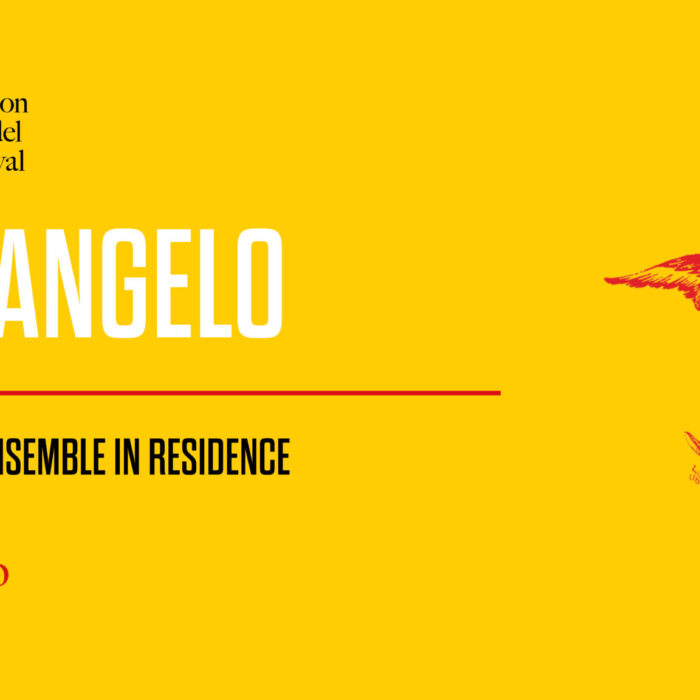
AGMA Heads to Controversial & Potentially Historic Constitutional Referendum on Monday
By David SalazarThe American Guild of Musical Artists (AGMA) has revealed that it will hold a Constitutional Referendum on Monday, Nov. 16, 2020.
Per a press release, this is the first time in many years that the organization’s Constitution could potentially get an update. The aim of the rewrite is to improve AGMA’s governance, increase the organization’s transparency, and make the foundation document more accessible to members. As such, the organization has offered up a full constitutional rewrite (BPR) as approved by the Board of Governors.
“AGMA members deserve a Constitution that is transparent; one that reflects our values; clearly spells out our rights and obligations; allows all eligible members to run for office, and creates the foundation for a brighter future for our Union. The Board’s Revision provides this,” reads AGMA’s ballot statement.
The election structure has been revised to ensure that every eligible member can run for the AGMA Board of Governors. It also creates “at-large” seasons for every AGMA geographic area and for AGMA’s non-resident artists with the aim at more equitable representation. There is also a new Article on Justice and Equality, emphasizing a commitment to “eliminate racism, sexism, and other discrimination from the workplace.”
Every member in good standing will be sent a ballot, by mail or email, to vote in a referendum for either a complete revision of the Constitution as developed by Constitutional Working Group, a set of amendments to the existing Constitution as submitted by petition by 50-70 AGMA members, or neither of the options. Members will also vote on whether an increase in dues by raising and then eliminating the dues caps as well as a reduction in the initiation fee as outlined by petitions.
AGMA, in writing about its support for the full Constitutional rewrite, noted that the Petition Amendment “won’t fix the major structural problems in our Constitution. The Petition Amendments include a proposed dues cap increase that would substantially increase dues for many AGMA members. AGMA’s elected leadership rejected recommending such a change in their Constitutional Revision because they do not believe that now, during the COVID-19 crisis, is the time to impose a dues increase.”
However, the Soloists Coalition, which backs member-approved amendments, recently spoke out against having the Amendments on the ballot as part of a bundle instead of being voted on individually. The organization also noted that the board of governors never sought out member input for the constitutional rewrite.
“Having a ballot with three choices means it is possible that no one choice will have a majority (required to pass such an important decision),” the Soloist Coalition noted in a press statement. “These points, combined with the fact that the board never sought member input when crafting their BPR all speak to an alarming trend of the board’s mistrust of rank-and-file members.”
The news comes as the organization comes under attack.
Back in September, NPR released a report from Whistleblowers alleging a lack of transparency from the organization. Among the information revealed in the report was the “non-disparagement deal it negotiated with tenor Plácido Domingo” as well as the use of over $7-million to purchase a New York City condo a new national office without consulting or informing the members. Additionally, the article notes that the board “has avoided member scrutiny for 11 years by failing to publish its member observation policy.”
Categories
News

